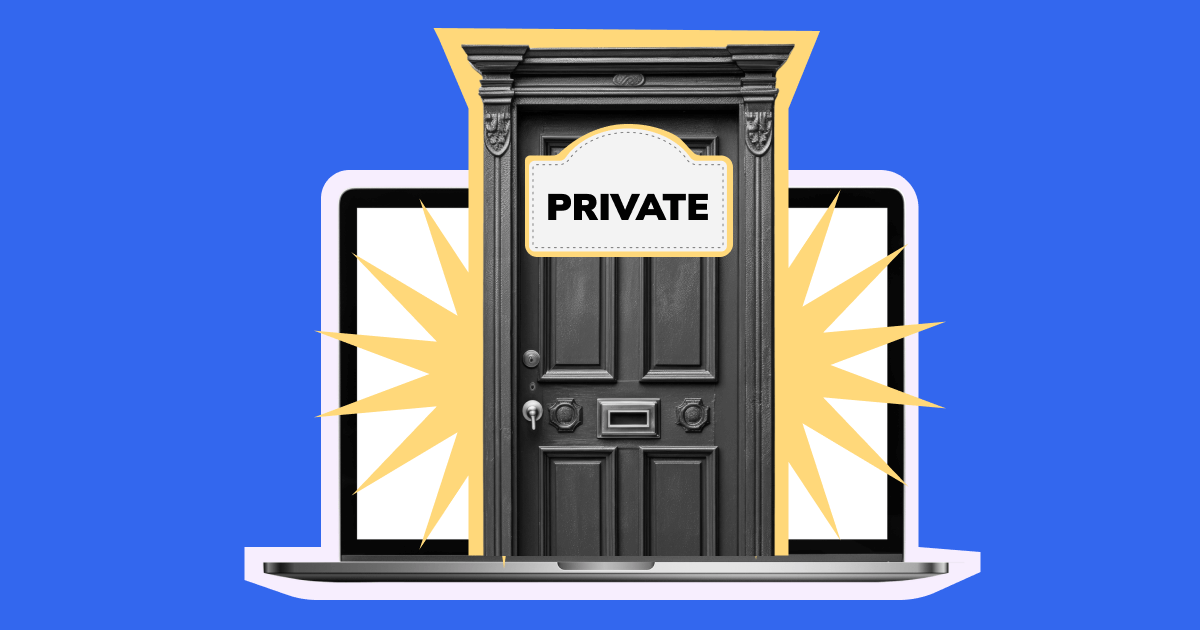What is a dedicated IP address?
IP (Internet Protocol) is the basis of the modern web. This protocol ensures the worldwide connection by transferring data packages back and forth between devices, or hosts. For the whole process to work, each host, be it computers, servers or websites, should have its own identification. That’s why every device is assigned an IP address — a unique set of numbers that identifies its location within the network.
IPs can be dedicated or shared. Let’s take a look at how these types work.
















